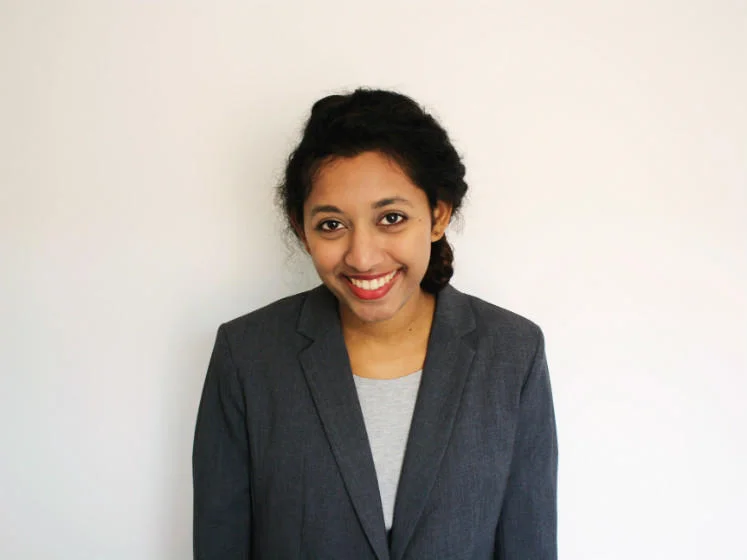Q&A with Genevieve Jeffrey
Studying the impact of social policy on health outcomes across generations
Genevieve is a PhD candiate with the Department of Health Policy
We’re all on the same journey together and the struggles we face with our PhDs tend to be very similar.
Genevieve Jeffrey

What are you currently researching?
My current research project looks at intergenerational health, specifically how your grandmother’s birth environment and health at birth can influence your own health outcomes. The idea is to explore the long run impact that social policy has on health outcomes, studying it across generations.
What attracted you to this area of research?
In general, I’m interested in how public policy can improve the lives of people who are disadvantaged and how this can be done more effectively. I began this line of research in my Master’s thesis where I studied the impact of income on birth weight.
There’s a lot of research on the importance of the gestation period and early childhood on a person’s long term health outcomes but there isn’t much research on how health outcomes persist across generations and the role policy can play in this.
Given findings in the area of epigenetics, which suggest environmental factors such as diet, smoking and stress can lead to biological changes that are passed down the generations, I felt this intergenerational study would be a really interesting area to explore.
How are you researching this?
I’m analysing census, and other data, to see how various policy measures have impacted on health outcomes throughout the years. For example, I’m looking at how policy measures designed to increase access to healthcare, nutrition and education have impacted on health outcomes across generations, not only at the time the policies were introduced but in the second and third generations too.
What real life impact are you hoping the research will have?
Firstly, I want to establish a measure of the impact that the policies have had in addressing the persistence of health outcomes across generations. I hope the research will be able to provide a strong evidence base to evaluate policies intergenerationally, and to understand which policies have long run impacts across generations and so warrant further investment.
What advice do you have for other PhD students?
We’re all on the same journey together and the struggles we face with our PhDs tend to be very similar.
One thing I’ve found very helpful is working in study groups with other students. I recently got together with a group of other PhD students where we all sat in a room together and worked separately. Even though we were all working on different things, being with other people and having structured breaks together meant we all worked more productively.
What has been the best piece of advice you’ve received while doing your PhD?
You have to go into your research with an open mind.
It’s important to really look at the data and see what it’s telling you, rather than going in to it with a pre-conceived notion of the way you think things should be.
There is always something you can say and you shouldn’t worry about what that’s going to be at the beginning.
What would you say has been your biggest challenge?
I came into my PhD not quite knowing what my specific research projects would be. I knew I wanted to explore intergenerational health but beyond that I wasn’t sure. It’s been a challenge to keep reading and working even though it wasn’t clear at the start where I was going with my research.
What has been your biggest highlight?
Finally deciding on my research idea and that coming together with the data at the right time was a big highlight.
Receiving the which covers my tuition and living expenses has also made a big difference.
How do you find studying and living in London?
I love it, there’s always so much going on. I particularly like Hyde Park and Hampstead Heath. It’s so nice to work on my laptop while sitting outside on the grass in the sunshine.
I’m originally from Singapore, I studied for my Master’s in Barcelona, interned in Thailand and worked in France. Moving around has been exciting, but it’s nice to settle somewhere for a while and London has been very welcoming. I’m looking forward to spending the next couple of years here.